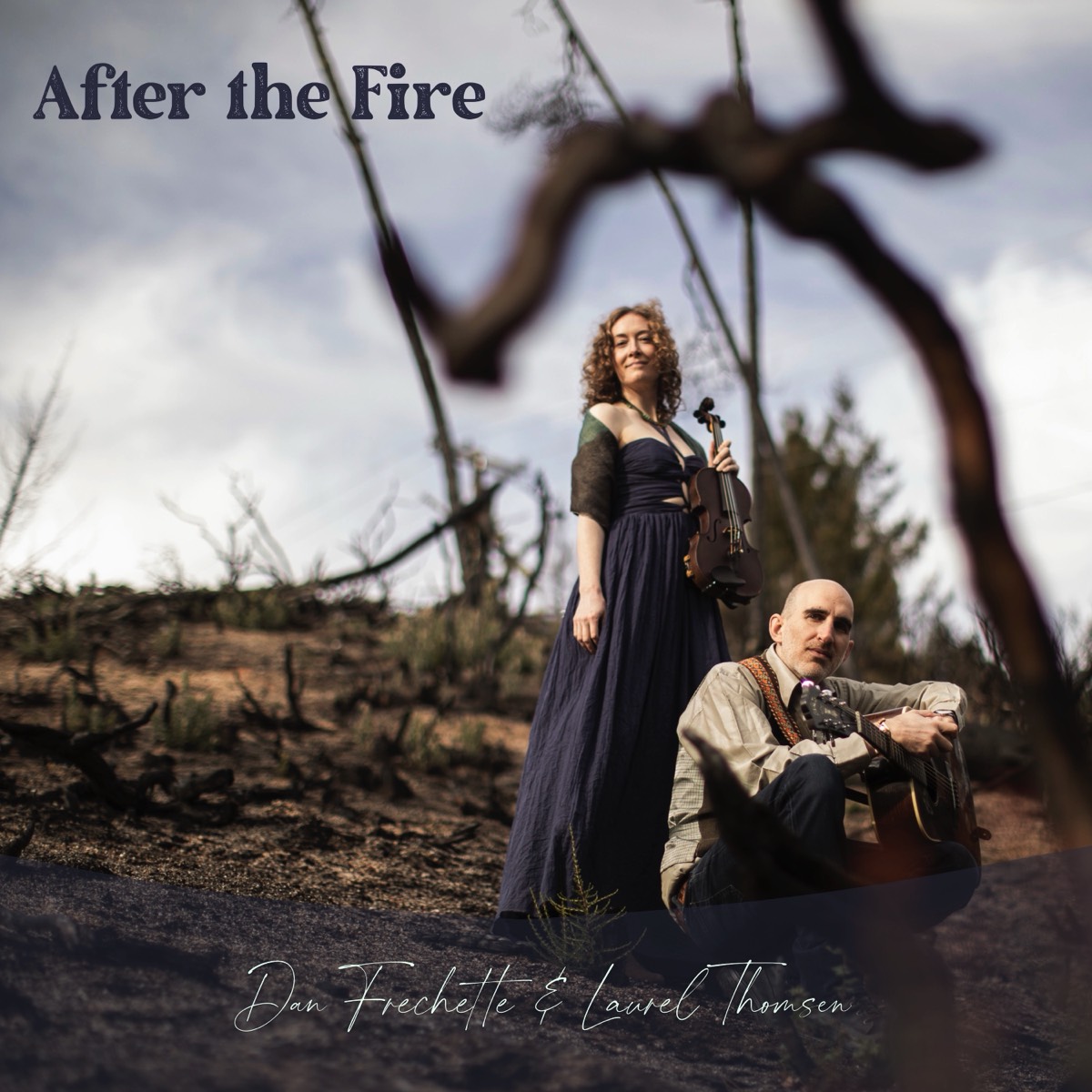Improvising and listening go hand in hand, so don't separate them! I understand, but am still always a bit surprised when I hear an improviser running up and down the fingerboard, disregarding the phrasing (and sometimes tempo) of the group, articulation a distant memory, seemingly just trying to fit in as many notes as possible. It seems flashy. We want people to be impressed, and sure, the average audience does seem to find this pretty cool. People who have been moved to tears or rapture by music know, however, it's really not just about the notes!
So where do we start to craft a great solo, or artfully elevate the part of the soloist or vocalist we are backing?
I was working with a student this week around the anxiety classically trained players often feel when they decide to get off the page and start getting creative. The biggest question is simply where to start. Literally! What note? What string? Up bow or down? And...then what?
When every single note you have ever played has been read off a page or dictated to you through your teacher or another player, trying your hand at improvising feels, as my student so aptly put it, like leaping off a cliff.
Yes, you may crash and burn, but who’s judging? Really? You’re charting virgin land every time. Some days are better than others. Sometimes music moves through you while other times you get caught up in searching for perfect notes or forget to account for that odd chord that pops up in the chorus.
I want to explore the basics of improvising in some podcasts when I get the time (April probably!), but for now, my biggest tip for beginning improvisers is to listen to your accompaniment. This, in and of itself, is something that may not come as naturally when we've been following a baton for years. No matter where you take your improvising, recognize that “growing bigger ears” offers the real gift of experiencing the full orchestra sound while still quite focused on playing your relatively small contribution.
So, listen in and imagine: What might you vocalize around the chords you hear? Are there some simple sustained tones that would accentuate the mood of a section? Is there a vocal line or another melody instrument that needs little melody fragments to complement and fill in around it? Where would the sound of your instrument most support the music? A certain solo section? As a harmony or rhythm part? Do you need to play through the whole piece or would it sound better if you dropped out in certain sections?
Even if you don't feel you have a great singing voice, I'm sure you can hum or vocalize notes and phrases you hear fitting into the ensemble. This is an excellent place to start.
Once you have some ideas. Take them to your instrument, but not at the expense of listening. If technique is holding you back, playing simpler parts that are musical and heartfelt is a much better choice than flailing away sounding out of tune and tone.
When it comes to improvising and arranging, I get a surprising amount of practice done when I'm not practicing - cruising in my car with my iPod, singing ideas. Wave if you see me. I might roll down the window and give you a taste of my next tune.

